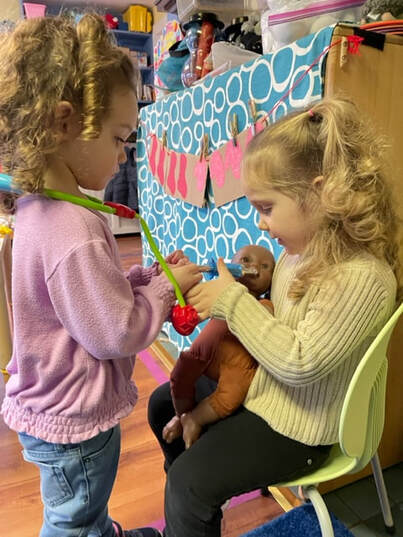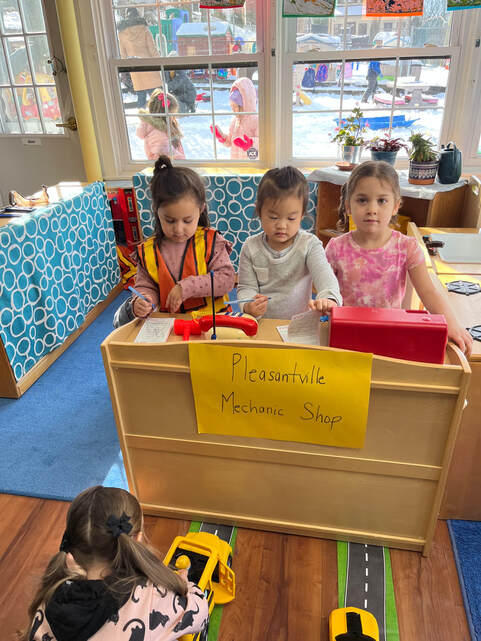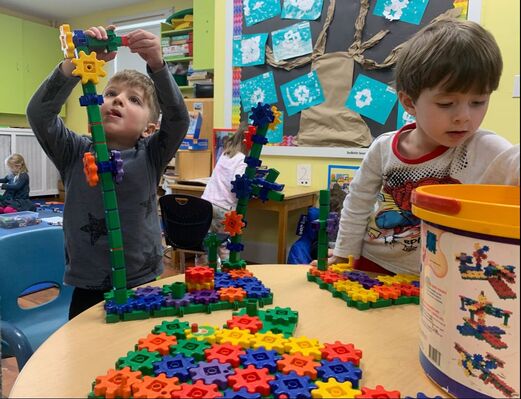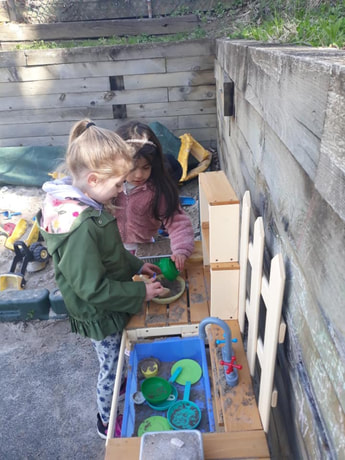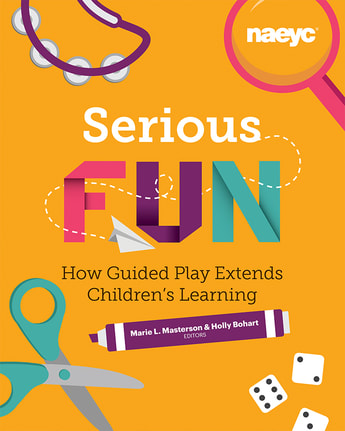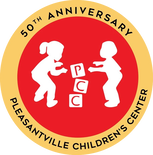Programs
From the minute our preschool children enter the classroom, they are immersed in a learning atmosphere that encourages active engagement and self-motivation. Our curriculum is based on the Guided Play philosophy and is carefully tailored to each age group. PCC provides a culture for learning where children feel safe and are willing to take risks.

